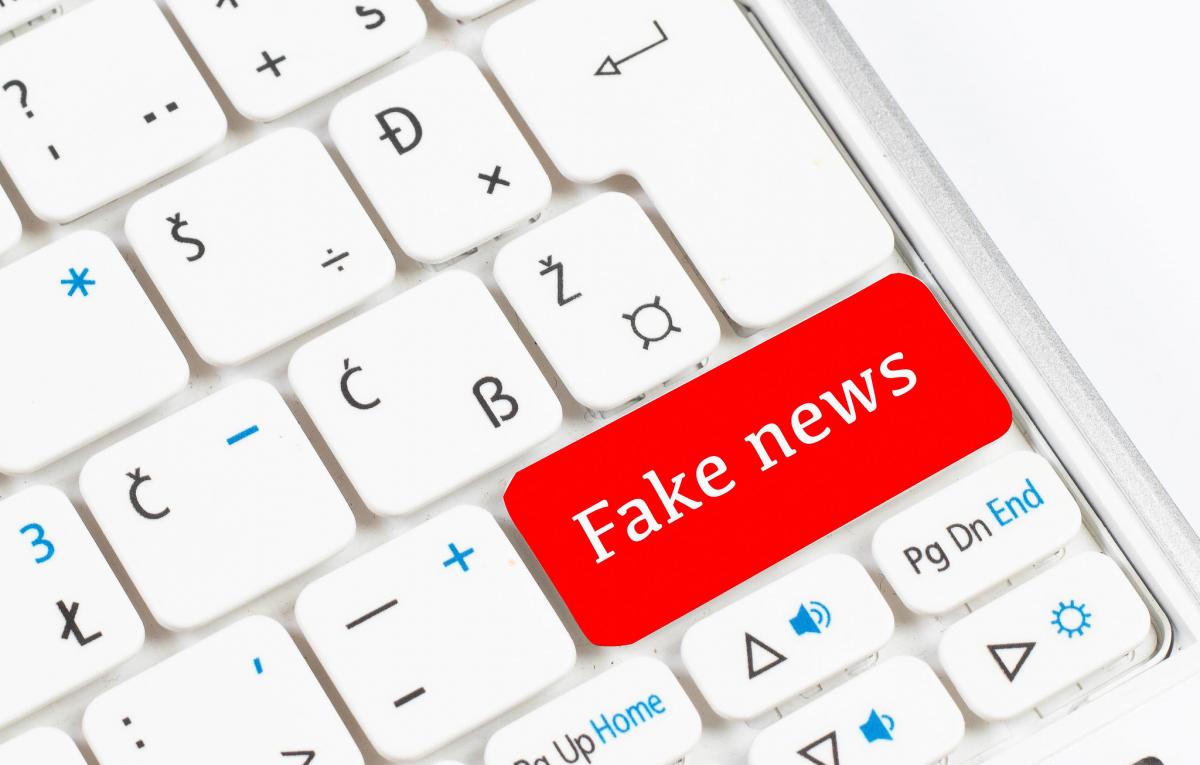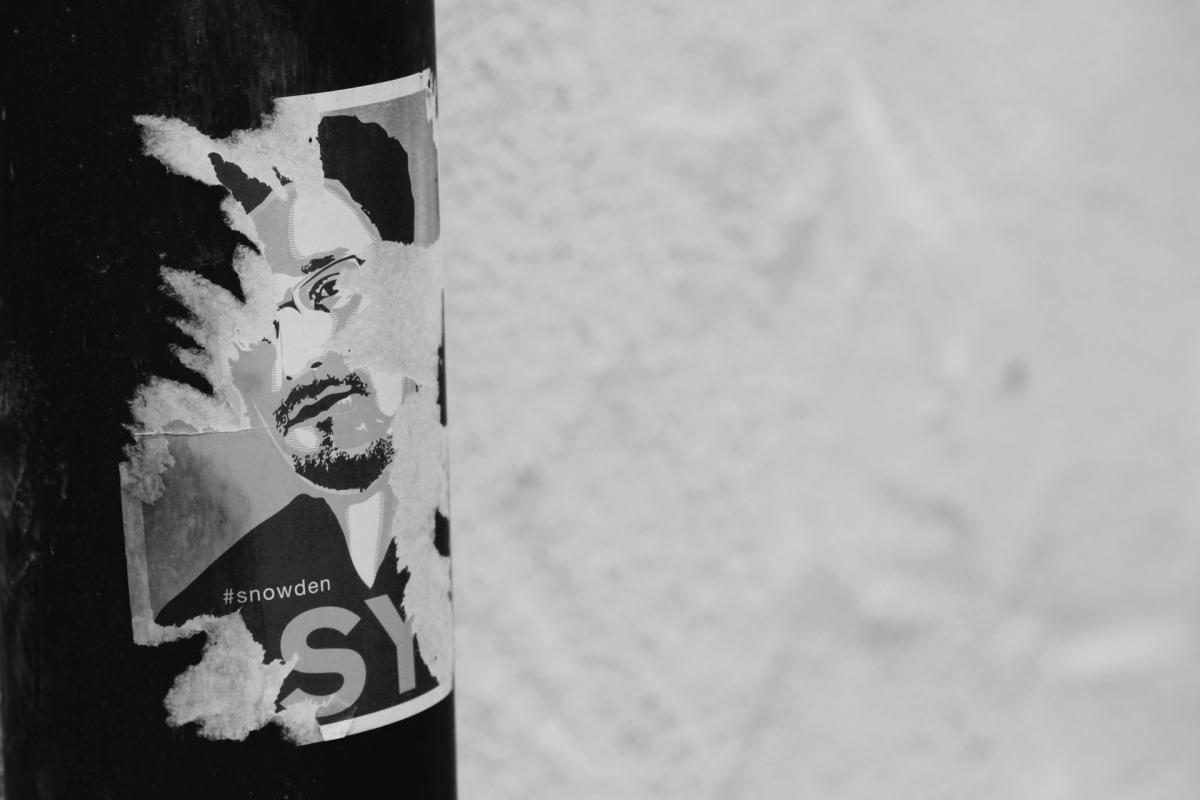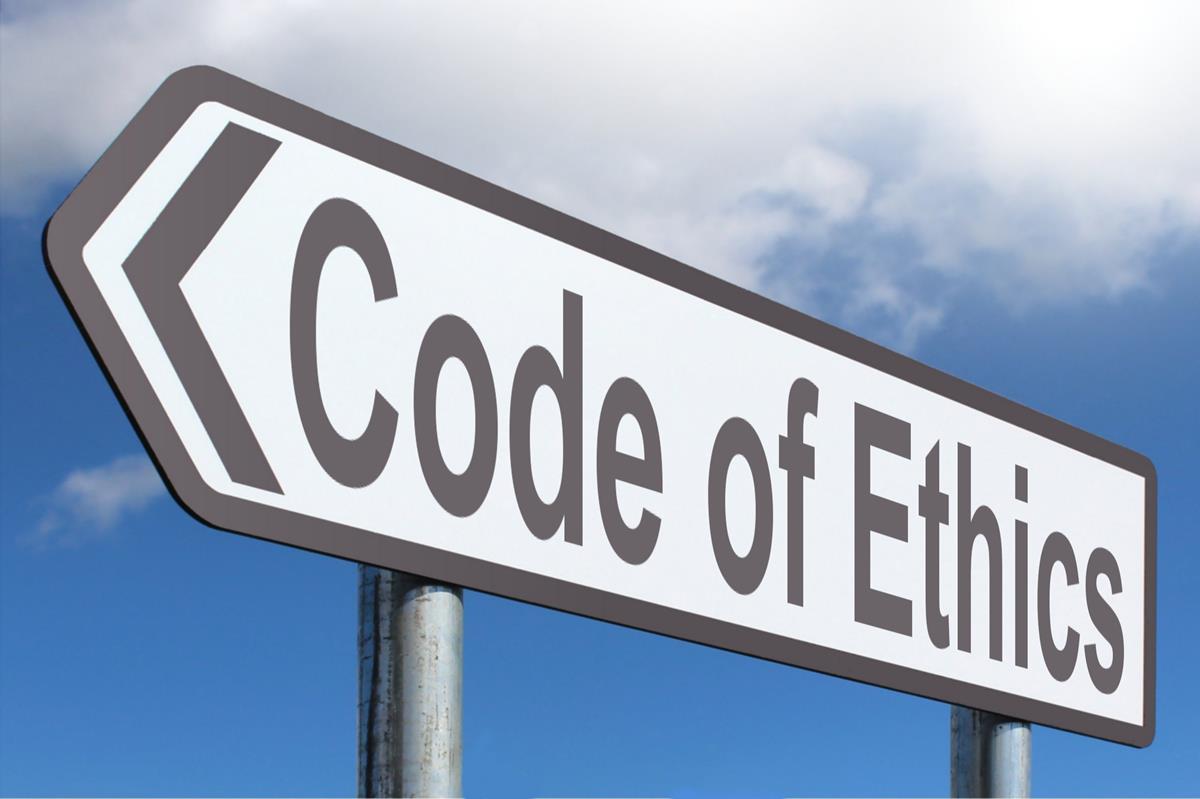 The technological developments emerging with new media had a huge impact not just on journalistic practise, but on the ethical aspects of journalism as well. The new challenges include issues like the increasing amount of fake news, dealing with hate speech in the comments, linking contents from other sources or how to handle anonymous sources. In parallel, media accountability and transparency become more and more essential.
The technological developments emerging with new media had a huge impact not just on journalistic practise, but on the ethical aspects of journalism as well. The new challenges include issues like the increasing amount of fake news, dealing with hate speech in the comments, linking contents from other sources or how to handle anonymous sources. In parallel, media accountability and transparency become more and more essential.
Ethical questions in the media
Fake news is the most prominent problem
The interviews revealed that the main ethical issues are more or less the same in all four NEWSREEL countries. Among them fake news is the most burning problem, moreover, in Romania and Hungary the phenomenon is in strong connection with political communication. Social media like Facebook are abounding in fake news and click baiting content, which is another problematic aspect of journalism ethics. Fact checking should be a priority, and we can find many good examples in Germany, where several media outlets and NGO have set up fact checking teams. Since 2017, Correctiv has partnered with Facebook to fact-check content shared on their network. In contrast, the only Hungarian fact-checking website is operated by the think tank of the governing party.
Being the first one to publish
Several interviewed journalists mentioned the pressure to be among the first mediums that publish a story. As Portuguese lecturer António Granado said, in many cases, newsrooms do not produce their own content but just copy and replicate content from news agencies – and it is confirmed by practising journalists as well.
 Attila Bátorfy stated that the establishment of a comprehensive ethical code should be important, but it is very rare at Hungarian newspapers, and news competition often overwrites all other aspects. In Portugal, the ethical worries have resulted in a review of the journalists’ ethical code, led by the Portuguese journalists’ union.
Attila Bátorfy stated that the establishment of a comprehensive ethical code should be important, but it is very rare at Hungarian newspapers, and news competition often overwrites all other aspects. In Portugal, the ethical worries have resulted in a review of the journalists’ ethical code, led by the Portuguese journalists’ union.
The case of whistleblowing
In recent years, whistleblowing has become another essential subject for journalists. We all remember the story of Edward Snowden, but the Panama Papers were also released by a whistleblower – an insider who exposes corrupt or illegal activities. However, German interviewees highlighted that whistleblowing is not a completely new phenomenon, and the only key change is that messages from whistleblowers are digitally encrypted now. According to Hungarian journalist, Anita Vorák, the way of handling anonymous sources is a very significant ethical issue, because nowadays Hungarians release information to journalists only anonymously.
Ethical questions in journalism education
All analysed institutions offer courses on media ethics. Typically, there are two types of courses covering this issue: general media ethics and specific courses dealing with journalistic ethics.
Deontology is important in Romania and Portugal
All Romanian programmes discuss the new challenges that have arrived with digitalization during courses that teach media ethics in general. As Gabriel Hasmațuch from the Lucian Blaga University stated, a huge problem is that their students who work in the local media said that people in the media advised them “to forget all the rubbish that they learned in school, to forget ethics.” Some examples of courses are ‘Public communication ethics’ (University of Bucharest), ‘Ethics and professional deontology’ (Babeș-Bolyai University), and ‘Ethics and deontology in journalism’ (Spiru Haret University). Deontology of journalism is a subject geared to reflection upon and critical analysis of the media's function from the perspective of ethics and professional deontology.
It seems, deontology is also an important aspect of journalistic ethics in Portugal, where some university courses also focus on this field, like the ’Critical Studies and Media Deontology’. According to António Granado from the Nova University, graduates don’t apply their acquired knowledge in their job, because “what they learn about ethics has no practical use”.
 Specific courses in Hungary and Germany
Specific courses in Hungary and Germany
In Hungary, there have been general media law and media ethics courses integrated into the curricula for a long time in every analysed institution. Media law and media ethics are taught together in the University of Pécs, Debrecen and at the Pázmány Péter Catholic University. Moreover, the University of Pécs often organise workshops related to these topics in cooperation with Mertek Media Monitor. Specific ethical courses for journalism students are available at the University of Szeged and at Eötvös Loránd University. ‘Legal background of journalism, legal and ethics question in practice’ is a compulsory course for students in Szeged who have chosen the specialisation in print, while at Eötvös Loránd one of the interesting initiatives is a seminar on press freedom, where students analyse the situation of the media in Hungary.
Apart from Stuttgart, all German department focus on journalistic ethics and challenges connected to digital media. They also have courses that cover media ethics in general or deal with only one specific aspect. Some issues discussed in these courses: the responsible use of content from social networks and tools for fact checking. These topics also arise during news production in workshops and teaching newsrooms. Marlis Prinzing (Macromedia University) and Klaus Meier (Catholic University Eichstätt-Ingolstadt) are of the opinion that lecturers need to expand their students’ knowledge concerning journalistic ethics. At the Macromedia University the course ‘Media and business ethics’ is compulsory, while at Eichstätt the course on ethics will be mandatory soon.
 Journalism education vs. journalistic practise
Journalism education vs. journalistic practise
The research report underlined how essential is the field of media and journalistic ethics in the analysed higher educational institutions. However, it seems that there is a strange contrast between journalism education and journalistic work: on one hand, some journalists complained about that ethical questions are neglected in the university programmes, and believe this is one of the reasons of the lack of ethical aspects in the work of newsrooms. While on the other hand, some educators have bad experiences on the attitude of media workers, who encourage their students to forget the ethics they have learnt at the university. Of course, there are differences everywhere, but it is sure that journalism educators and media workers should build more bridges between the theory and practise of journalistic ethics.
You can find the full sample of the universities in our research report (page 40-43). If you would like to read more about ethical challenges in the partner countries, check our report as well.
Featured image: Marco Verch (Flickr)
Snowden image: Pixabay
Social media image:mkhmarketing (Flickr)
Code of ethics image: Nick Youngson (Picpedia)